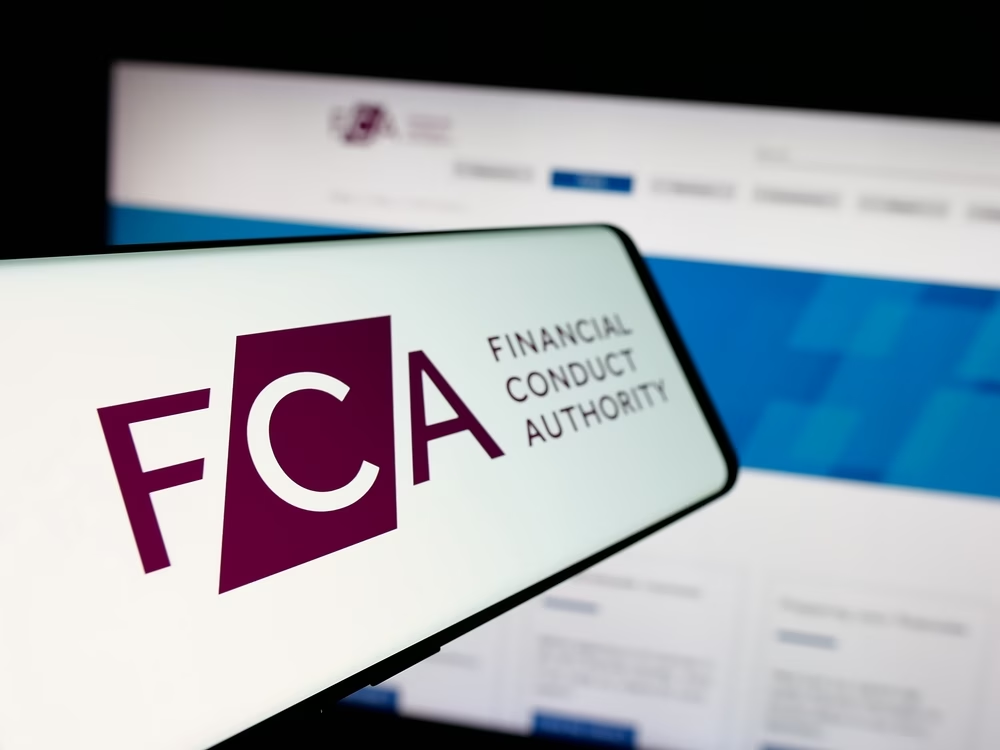
The intersection of cryptocurrency and gaming (crypto gaming) has sparked a global phenomenon, offering new ways to play, earn, and interact. The UK, renowned for its vibrant gaming industry, is navigating the complexities of this emerging sector with a cautious yet evolving regulatory approach.
The Cryptocurrency Conundrum
Cryptocurrencies, like Bitcoin and Ethereum, are decentralised digital assets that operate independently of traditional financial systems. This independence, while attractive to many, poses unique challenges for regulators, especially in the context of gaming. The UK government, through the Gambling Commission (UKGC), has been actively working to adapt existing frameworks and create new ones to address the nuances of crypto gaming.
Key Regulatory Considerations in the UK
Licensing: Any platform offering gambling services, including those using cryptocurrency, must obtain a license from the UKGC. This ensures that operators adhere to strict standards regarding fairness, player protection, and responsible gambling.
Anti-Money Laundering (AML) and Counter-Terrorist Financing (CTF): Crypto gaming platforms are subject to rigorous AML and CTF regulations. This includes verifying the identity of players, monitoring transactions, and reporting suspicious activity.
Consumer Protection: The UKGC emphasises the importance of protecting players. This includes measures such as ensuring fair games, providing clear information about odds and pay-outs, and offering tools to help players manage their gambling behaviour.
Advertising and Marketing: Crypto gaming platforms must follow strict guidelines when advertising their services. This includes being transparent about the risks involved and not targeting vulnerable groups.
Taxation: Cryptocurrency winnings are subject to Capital Gains Tax in the UK. Players must report their winnings and pay the appropriate tax.
Challenges and Opportunities
The regulatory landscape for crypto gaming in the UK is not without its challenges. The decentralised nature of cryptocurrencies makes it difficult to track transactions and enforce regulations. There are also concerns about the volatility of cryptocurrencies, which could lead to financial losses for players.
However, there are also significant opportunities. The UK’s robust regulatory framework could help to create a safe and secure environment for crypto gaming, attracting investment and innovation. Additionally, the integration of blockchain technology, which underpins cryptocurrencies, could lead to greater transparency and fairness in gaming.
The UKGC’s Stance on Crypto Gaming
The UKGC has been proactive in engaging with the crypto gaming industry. It has published guidance for operators and has been actively monitoring developments in the sector. The UKGC’s primary goal is to ensure that crypto gaming is safe and fair for all players.
The Future of Crypto Gaming in the UK
The future of crypto gaming in the UK is uncertain, but it is clear that the sector has the potential to grow significantly. As the regulatory framework continues to evolve, it is essential that operators and players stay informed and comply with all relevant regulations.
Key Regulations in Bullet Points
To summarise, here are the key regulations that crypto gaming platforms in the UK must comply with:
- Obtain a license from the UKGC
- Adhere to strict AML and CTF regulations
- Prioritise consumer protection
- Follow guidelines for advertising and marketing
- Report and pay taxes on winnings
Advice for Players
If you’re considering playing crypto games in the UK, here are some things to keep in mind:
- Only play on platforms that are licensed by the UKGC.
- Be aware of the risks involved in crypto gaming, including the volatility of cryptocurrencies.
- Gamble responsibly and within your means.
- Report your winnings and pay the appropriate tax.

Table of content
Recent Posts
Cryptoasset Tax Changes From January 2026
The world of cryptoassets is in a constant state [...]
UK Housing Market – 2025 Update
Buying your first home in the UK is not a [...]
Can You Put Digital Assets In A Trust? – How To Protect Your Digital Estate
In an era where our lives are increasingly played out [...]








